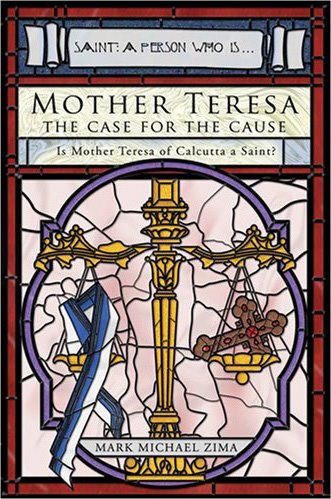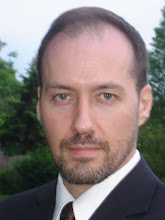Fr. Angelo assumes any action taken by the Holy Father’s subordinates and rubber-stamped by him is an action that cannot be questioned by the faithful.
Let us expand upon on what I said in “Sandal to me or scandal to you?”. Whom do you think appointed most of the bishops, archbishops, and cardinals who moved priests around and turned a blind eye to the corruption of the youth? If you guessed Pope John Paul II, you are correct. This is the moral problem of evil applied to the office of the papacy.
The moral problem of evil is built on the view that there is an all-powerful and sovereign God who directs the universe. “How a good God could allow evil?” atheists argue to discount God. What the atheists fail to consider is that if there is no God there is no evil. The point is evident when reversed. The details surrounding the moral problem of evil are vast and not part of this post. Confusion on this issue resides in a misunderstanding of creation, the fall, free agency, and mystified metaphysics. There is evil and God is not its author, Satan is (I John 3:8). However, God (Causa Prima) directs all things (Causa Secundae) to serve His sovereign will (Vatican I, Dz 1784).
The moral problem of evil merited response from God (Job 38) and Church (St. Thomas Aquinas, Summa Theologica I, 49, 2). However, this problem does not apply to the papacy unless you think the pope has the power of God and is the first cause who directs all secondary causes in the Church. Sadly, such a view is unconsciously common among today’s Catholics. The hierarchy are unconscious of giving themselves divine attributes and the laity are unconscious of giving the hierarchy divine attributes.
If you consistently apply Fr. Angelo’s position you would lay all that has gone wrong in the Church over the last 40+ years at the feet of the popes. Much of the evils in the Church are the sins of the councilor and post-councilor popes, but not everything. This also explains why there was such a loss of faith after the Church fell into hard times. In the laity’s minds, the hierarchy was the faith. When the hierarchy changes, so does the faith. There is nothing divine about such a faith. Here again, Fr. Angelo’s doctrine is philosophically and theologically un-Catholic.
On the practical side, Fr. Angelo’s argument shows a gross misunderstanding on how the Church operates. When a pope makes an appointment of bishop or some office in the curia he does not micro-manage the decisions of his officers. If the prefect of the Congregation for the Causes of Saints recommends that so-and-so be beatified, the pope does not personally research all the details of the case, he just accepts the decision of the prefect. To question a rubber-stamp act of the pope is not to “express…opinions contrary to the teaching of the Holy Father.”



No comments:
Post a Comment